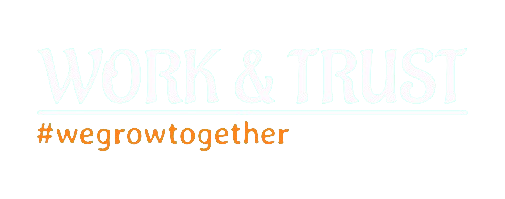The future of the job market is being shaped by various trends that stem from the way we work, the types of available positions targeted at candidates, and the skills required for success. Below are key trends and predictions for the future job market:
AI and Robotics: Artificial Intelligence (AI), machine learning, and robotics are transforming industries by automating tasks. Routine and repeatable tasks, particularly in manufacturing, customer service, and maintenance, are increasingly being carried out by machines.
Job creation and transformation: While certain jobs may be lost due to automation, new roles are emerging in development, maintenance, data science, cybersecurity, and ethical oversight. For example, jobs like “AI trainer” and “robotics specialist” will become more common.
Collaboration with artificial intelligence: In many sectors, people will work alongside AI systems to optimize processes and decision making, while AI handles heavy or repetitive tasks. This will require a shift in skills toward AI literacy and human-AI collaboration.
Flexibility as the norm: The COVID-19 pandemic has accelerated the adoption of remote and hybrid work models, which are expected to persist. Many companies have implemented permanent flexible work arrangements, allowing employees to work from anywhere. Technology, particularly digital workspaces, will contribute to this. Specifically, tools for virtual collaboration, such as Zoom, Microsoft Teams, and virtual reality platforms, will continue to evolve, enabling more effective remote teamwork.
Geographic diversity in recruitment: Companies no longer limit their talent pool to local markets. They can hire employees from different parts of the world, increasing diversity and competition in the job market.
The future job market will be more dynamic, with technology and global connectivity at the core. Workers will need to constantly adapt to new technologies and acquire both technical and soft skills to remain competitive. Companies will need to reassess traditional work models and employee benefits to attract top talent in a more fluid and competitive global market.



